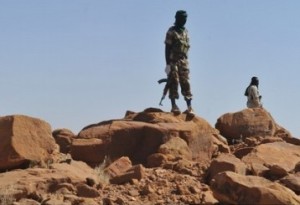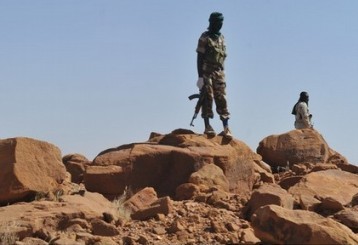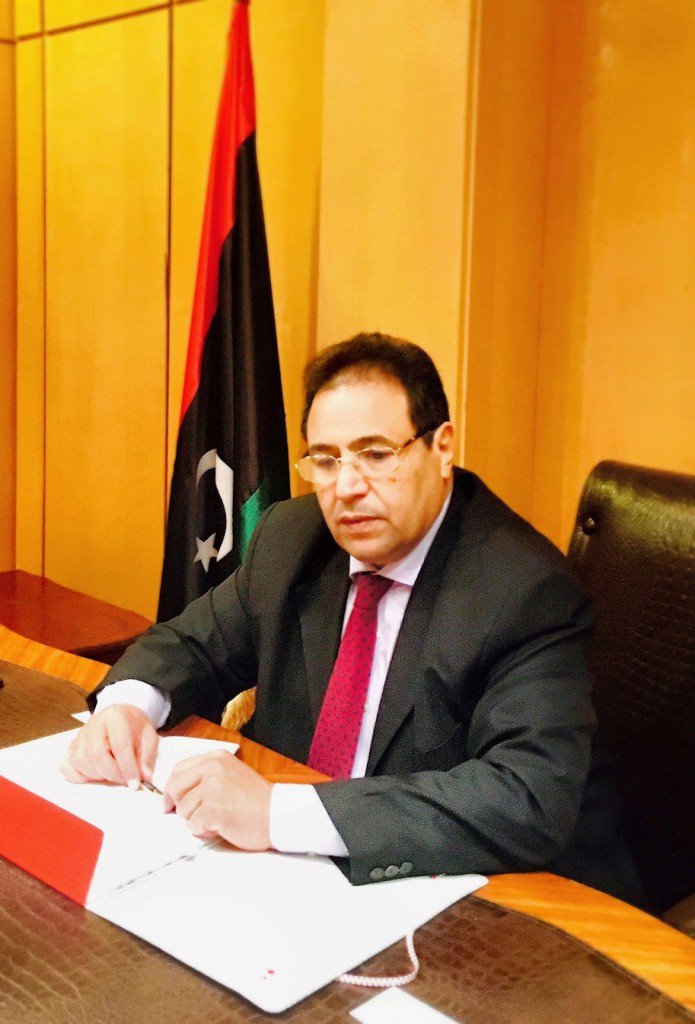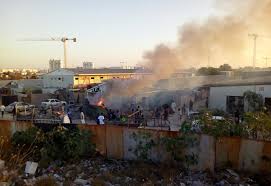 Many security pundits have repeatedly warned that the political unrest, the eroding security situation and the flourishing weapons, human and drug trafficking in the Sahel/Sahara region have made of the area a terrorism breeding ground, an exploding powder keg, or what some have called ‘an arc of instability.’
Many security pundits have repeatedly warned that the political unrest, the eroding security situation and the flourishing weapons, human and drug trafficking in the Sahel/Sahara region have made of the area a terrorism breeding ground, an exploding powder keg, or what some have called ‘an arc of instability.’
The warning has just been echoed in a recently published book titled “Perilous Desert: Insecurity in the Sahara.” The two authors of the book, Frederic Wehrey and Anouar Boukhars, both searchers from the Washington-based think-tank The Carnegie Endowment for International Peace, underscore the increasing inroads by al-Qaeda in the Islamic Maghreb (AQIM) and its allies in terrorism and trafficking across the Sahel/Sahara region, including in Libya, Mali, Mauritania, and also in the Polisario-controlled refugee camps in Tindouf.
In their book, the two scholars who deem that the al-Qaeda threat in the region represents “a tinderbox waiting to explode,” expound the factors and reasons having contributed to increase instability and insecurity in the region in chapters on Libya, Mauritania, Mali and Algeria, organized crime in the Sahel, and the Western Sahara conflict.
The “states of the Sahara suffer from a ‘perfect storm’ of afflictions — weak governance, rampant corruption, endemic poverty, ethnic and societal cleavages, and inaccessible terrain — that give room for transnational crime and Islamist militant groups to proliferate and flourish,” they explain, warning that Al-Qaeda’s North Africa affiliate has found an attractive base of supporters and recruits among the region’s disenchanted people, in Mali, Libya, Niger, Mauritania, and Algeria, including frustrated fighters and youth in the refugee camps controlled by the Polisario Front. This “raises urgent concerns for the broader Sahara and the West,” they insist.
Relatedly, one of the book authors, Anouar Boukhars, told the Washington Post that “in North Africa, AQIM benefits from fragmented politics and security vacuums created by the Arab spring.” Insisting that the risks of cross-border militancy are “real,” he mentioned Tunisia, which is becoming according to him, “a smuggling corridor for arm dealers between Libya and Mali, and the attack on the In Amenas gas field in Algeria that was “hatched in northern Mali and executed by a multinational group of militants who crossed through Niger and Libya.”
“Unfortunately, political fragmentation and fragile security in countries like Libya and Tunisia, the opacity of the Algerian regime, and the persistent suspicion and mistrust between Morocco and Algeria over the Western Sahara dispute make efforts to restore stability to the region extremely difficult,” he said in the interview published on Tuesday on the Washington Post’s website.
As to the impact of the Western Sahara conflict on the region instability, he said “most regional and Western defense strategists agree that urgent efforts are needed to address the frozen conflict in the Western Sahara,” and recalled that the UN secretary general recently warned about the vulnerability of some of the Sahrawis in the Polisario-controlled refugee camps in North-West Algeria to radicalization and terrorist infiltration.
“Organized criminals and extremist groups will continue to exploit the fragility of states, frozen conflicts such as the Western Sahara, and the lack of regional security cooperation,’ he said, adding that “the great powers, including the United States, dread the prospect of the creation of another weak state in an area already afflicted by fragile or failing states.”
In their book’s conclusion, Boukhars and Wehrey write that “fragile and failing states pose real threats to international security. They can provide training bases and safe havens for al-Qaeda and its affiliates as well as offer violent extremists an environment suited for generating large profits from smuggling and illicit trafficking.”
The authors who note that, across the region, “past approaches have focused on building the capacity of the security sector,” offer a series of policy recommendations to successfully counter the threat from al-Qaeda and allied militant extremists and transnational criminal networks in the Sahara. In this vein, they suggest how the international community can work closely with local states to institute and continue reforms that also address “the underlying institutional and social roots of insecurity.”



